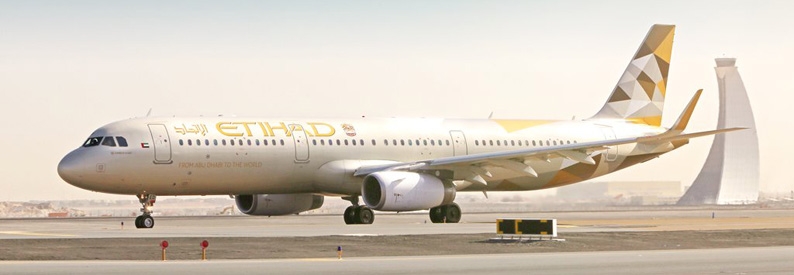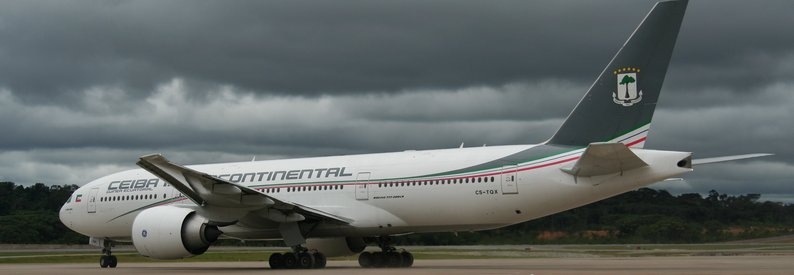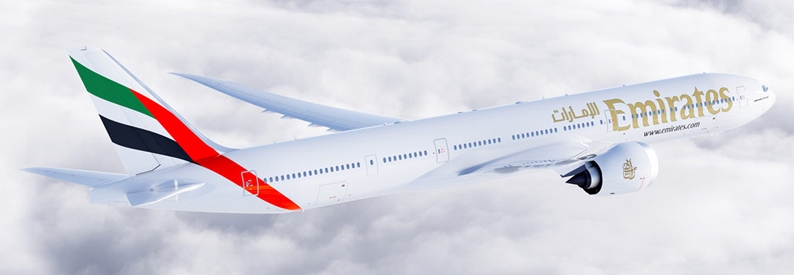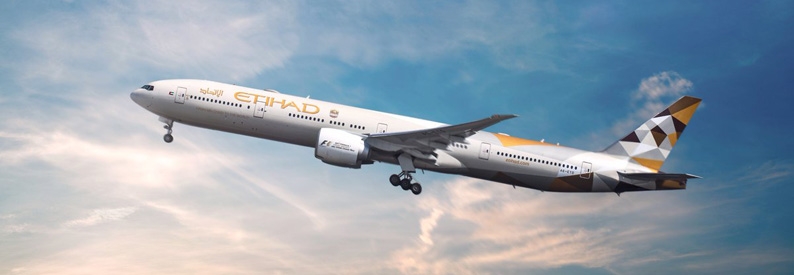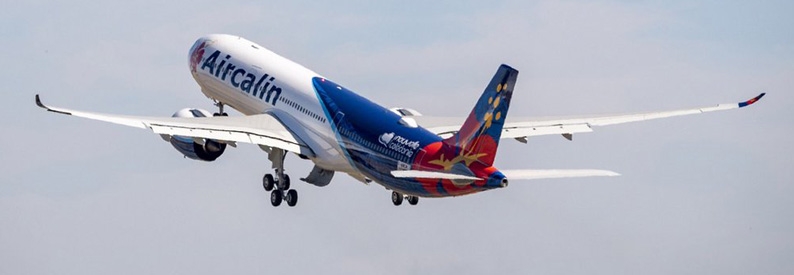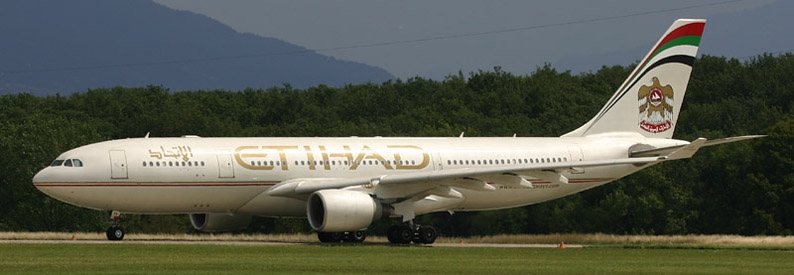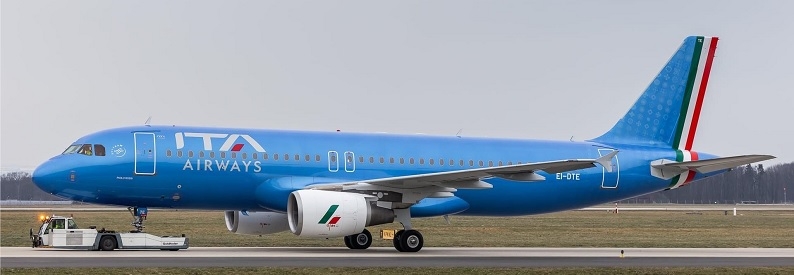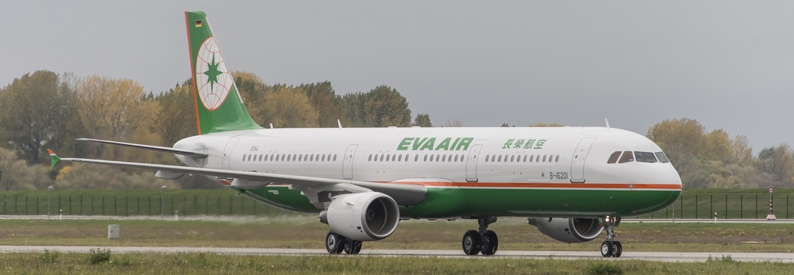Etihad Airways (EY, Abu Dhabi International) is considering drastically reducing its widebody fleet capacity through the permanent grounding of its ten A380-800s and the cancellation of an order for sixteen A350-1000s.
Company sources told Reuters that management did not expect demand to recover to pre-COVID 19 levels for at least "years" to come. As such, it is expected to decide on the fate of the two Airbus widebody types soon.
In tandem with fleet cuts, Etihad Aviation Group is planning to ramp up its redundancy drive by laying off 1,200 staff in addition to the hundreds that it has already let go of.
In March last year, Etihad officially cancelled an order for forty-two A350s (forty A350-900s and two A350-1000s) before indefinitely deferring the delivery of its first four A350-1000s - msn 290, 315, 330, and 342 - as part of its business restructuring efforts.
According to the ch-aviation fleets module, all four jets are currently parked in Bordeaux Mérignac and have reverted from their UAE registrations - A6-XWA, A6-XWB, A6-XWC, and A6-XWD - to their provisional French ones - F-WXAA, F-WXAB, F-WXAC, and F-WXAD.
The Abu Dhabi-based carrier's fleet also includes one operational A330-200, nineteen B777-300(ER)s (of which 11 are active), eight B787-10s, and thirty B787-9s (of which ten are active). As of April 30, 2020, its Airbus order book also includes twenty-six A321-200 (sl)s while its Boeing (BOE, Washington National) backlog entails eight B777-8s, seventeen B777-9s, twenty-two B787-10s, and eleven B787-9s.

